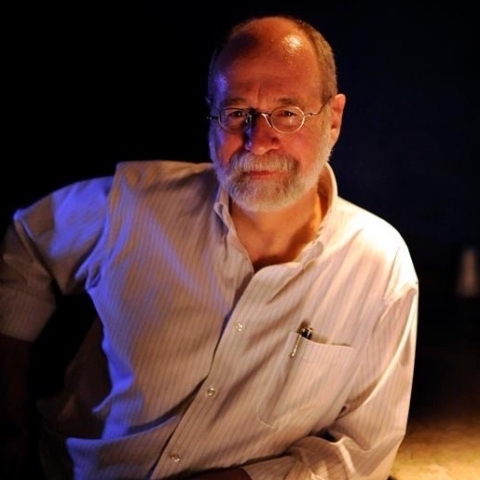Who is briefing.center?
We’re people who spend a lot of our time asking policy and industry professionals about their jobs. We’re people who have done a lot of those jobs. We’re people who spend a lot of time thinking about ways to make those jobs easier and more productive — and asking whether the same thinking can be applied, not just to industries, but to communities.
Briefing.center founder John Dineen in particular has done a lot of those policy jobs.

Dineen’s career, ranging from campaign work and congressional staffing to managing large teams in news media, has a consistent through-line: “Your day begins, you look at the world in all of its infinite complexity and randomness, and your job is to make sense of it, organize it, and frame it,” he says.
Whether he was on deadline starting out as a reporter, untangling a legislative problem as chief of staff to a member of Congress, or developing coverage strategy for policy news organizations, Dineen saw the common thread in the work of the professionals around him.
“One of the advantages of doing all those different jobs was that, when I returned to journalism, I could talk to reporters with confidence about what actually drove the people they were writing about,” Dineen says.
“When I was director of the largest legislative service organization within the Congress, we produced a weekly report to prepare members of Congress and their staffs for the week ahead in environmental, energy and natural resource issues. It was objective information — most members of both parties subscribed — and it was organized to meet their legislative needs.
“A big part of my role as director was talking with members, chiefs of staff, legislative assistants, about what they needed from us to help them with their jobs.
“I came away from that experience convinced of the importance of having those conversations before you start designing information products.”
Dineen grew up in a house “just steeped in politics,” he says. His grandfather had worked for the mayor of Jersey City. His father was a newspaperman; his brother followed suit. His first jobs were in local radio and local papers. His career brought him to Washington to work in Congress and then back into media — as an editor, small-business owner, and eventually chief product officer for a large news organization. Along that journey he watched technology change dramatically — while the prevalent approach to news shifted very little from his first days in front of a typewriter in a newsroom in Concord, Mass.
When he returned to journalism, he brought a growing conviction that news could be done differently, could be fashioned as a tool to help people with their jobs and the rest of their lives.
He started staying up later and later in the evenings, playing around with ways of organizing news and information so that — rather than offering just the latest headline — it was ready to meet a client’s needs as a result of that headline. It could be a new regulation drafted in Washington — or a new development proposed for down the street.
Dineen listened carefully when interviewees talked about the way they consumed information — what they read first thing in the morning, what they were expected to deliver to their bosses or teams every day, what information they needed to get through the day when they were not working. It mirrored his own experiences.
The result of that work is briefing.center.
Dineen is joined by a full complement of journalists and other specialists in their fields. They bring a ton of experience.
But, Dineen emphasizes, “The experience of talking to people — talking to you about your specific information needs — is the most important driver of what we do at briefing.center.”
He’s still staying up late at night — so you don’t have to.
